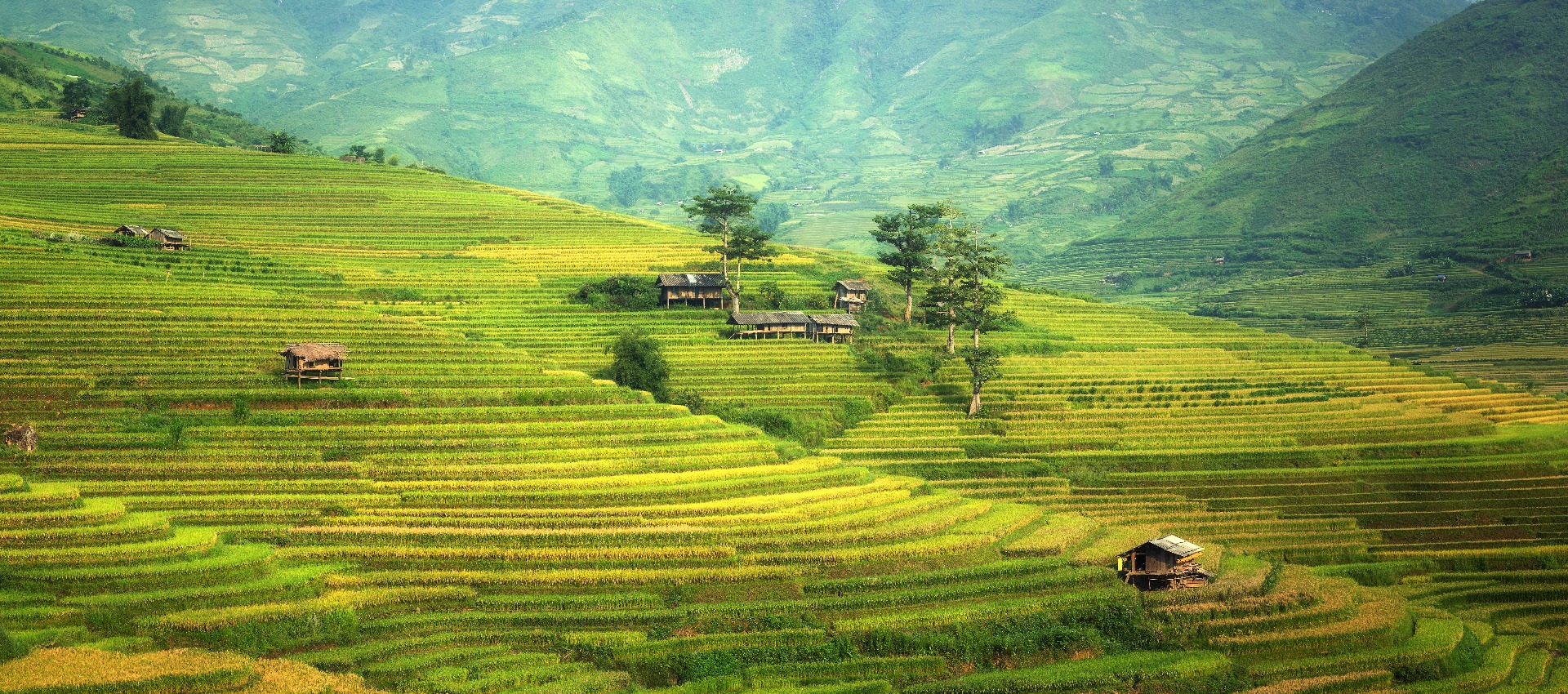Vegetative Filter Strips
Vegetative Filter Strips
Vegetative filter strips are an extremely beneficial conservation practice. Filter strips protect and improve water quality, provide shelter for small birds and mammals, and reduce soil erosion. Filter strips filter runoff and remove contaminants before they reach bodies of water. The vegetative filter strips slow water flow, causing contaminants like sediment, chemicals and nutrients to be trapped and collected in the vegetation. Accumulated nutrients and chemicals are utilized by the vegetation rather than entering the water supply. Filtered water then enters the water bodies.
Legislation was passed and signed into law providing tax incentives for the installation of vegetative filter strips. On January 1, 1997, the Vegetative Filter Strip Assessment Law (35ILCS 200/10-152) became effective. The Vegetative Filter Strip Assessment Law provides tax incentives for the development of filter strips for the primary reason of reducing soil erosion.
Qualifying vegetative filter strips must meet NRCS standards and specifications to be assessed at a reduced rate.
Soil and Water Conservation Districts have the authority in certifying vegetative filter strips that meet requirements. Landowners with fully established filter strips on their land need to complete certification to qualify for the property tax reduction. If interested in applying for the property tax reduction on filter strips, stop by the Henry County Soil and Water Conservation District to fill out the necessary paperwork. In order to complete the forms, the property tax identification number is needed for each area certified. Landowners must submit the completed forms to the office of the Henry County Assessor in Cambridge.
Download and print these forms:
Application Form for Vegetative Filter Strips
Certification of Vegetative Filter Strip
Contact the Henry County Soil and Water Conservation District with questions regarding the property tax reduction on filter strips.
